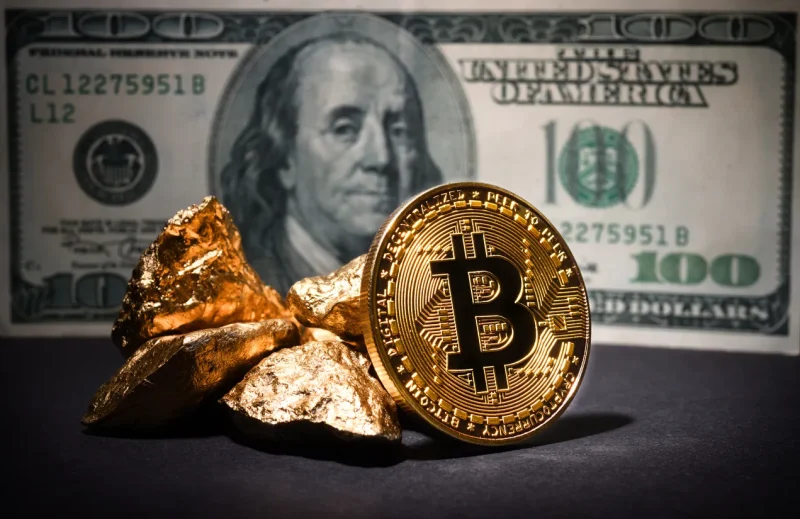Lawmakers Shelve Proposals to Add Bitcoin to State Investments
Florida has pulled two proposed bills that would have allowed the state to invest in Bitcoin, effectively removing itself from the growing list of states exploring strategic crypto reserves. According to the Florida Senate, House Bill 487 and Senate Bill 550 were “indefinitely postponed and withdrawn from consideration” as of May 3.
The legislative session officially ended on May 2, without passing either of the Bitcoin-focused bills. While the session was extended until June 6 to finalize budget decisions, the issue of diversifying Florida’s treasury using cryptocurrency did not make the cut.
In total, lawmakers passed about 230 bills covering a wide range of issues—from banning fluoride in drinking water to restricting smartphone use in schools—but the crypto investment proposals were left behind.
What the Bills Aimed to Achieve
Introduced in February, HB 487 and SB 550 would have allowed Florida’s chief financial officer and the State Board of Administration to allocate up to 10% of eligible state funds into Bitcoin. The legislation sought to position Florida as a pioneer in leveraging digital assets for treasury diversification.
Now, with both bills withdrawn, Florida joins several other states—Wyoming, South Dakota, North Dakota, Pennsylvania, Montana, and Oklahoma—that have seen similar efforts fail in their respective legislatures, according to Bitcoin Laws.
Arizona Still in the Game
While Florida has stepped back, Arizona remains in the spotlight. Just days ago, Governor Katie Hobbs vetoed Arizona’s House Bill 1025, which would have allowed the state to create a Bitcoin reserve using seized funds. She dismissed digital assets as “untested investments,” sparking backlash from the crypto community.
Crypto advocate Anthony Pompliano criticized the veto, questioning the wisdom of politicians making investment decisions on behalf of taxpayers.
Still, Arizona isn’t out of the race. Two more bills are in play, with HB 2749 considered the most viable. This bill proposes funding the reserve with profits from the state’s unclaimed property fund—a budget-neutral approach that could appeal to more lawmakers.
As states weigh the risks and rewards of adding Bitcoin to public treasuries, Florida’s decision signals a pause—but not necessarily an end—to the broader movement.
